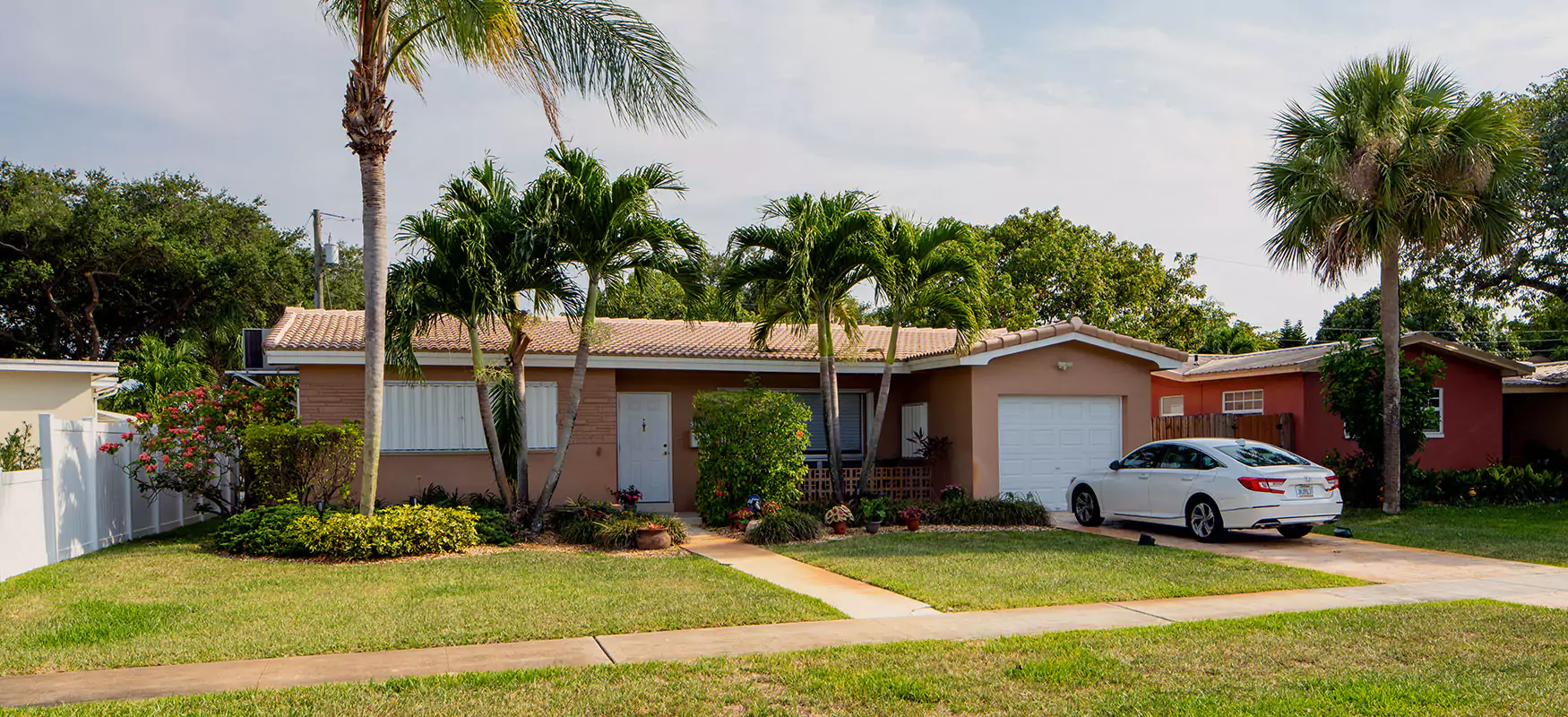When it’s time to sell, most homeowners focus on the listing price, agent commissions, and potential profit, but the hidden costs of selling a house can quickly add up. From repairs to closing fees, these often-overlooked home selling expenses can shrink your bottom line if you’re not prepared. Knowing what to expect upfront helps you plan smarter and keep more money in your pocket.
Let’s break down the key costs and how to manage them.
The Most Common Home Selling Expenses
When preparing to sell a home, it’s easy to focus on the potential profit, but sellers often overlook the routine expenses that come with listing a property. From agent commissions to repair costs and closing fees, these common home selling expenses can significantly impact your bottom line if not properly planned for. Here’s a breakdown of the major costs you should expect.
Agent Commissions and Fees
Agent commissions typically around 5 percent of the sale price and are split between the buyer’s and seller’s agents. This fee often covers marketing, showings, and negotiations, but services can vary, so it’s important to ask your agent exactly what’s included.
Home Repairs and Pre-Listing Updates
Preparing a home for sale often requires more investment than sellers expect. There is often significant need for home polishing. From big repairs, painting, staging, updated flooring to anything under the surface, these updates can add value, but they also increase overall home sale fees.
Closing Costs for Sellers
Sellers are typically responsible for a variety of real estate closing costs, which can total one percent to three percent of the home’s sale price. These costs may include:
- Escrow and attorney fees
- Title insurance
- Transfer taxes
- Recording fees
- Prorated property taxes or HOA dues
Understanding these fees upfront can help avoid unpleasant surprises. For a deeper dive, check out Offerpad’s hidden fees explained.
Unexpected Costs When Selling a Home
Beyond the usual expenses, there are several unexpected costs when selling a home that can quietly chip away at your bottom line.
Holding Costs
While your home is on the market, you’re still responsible for ongoing expenses such as:
- Mortgage payments
- Property taxes
- Homeowner’s insurance
- Utilities
- Lawn or pool care
If your home takes longer than expected to sell, these home selling expenses can add up fast, especially if you’ve already moved into a new place.
Buyer Incentives and Concessions
In a competitive market, buyers may request incentives like repair credits, home warranties, or even help with closing costs. These negotiations often occur after inspections or during the appraisal stage. It’s not uncommon for sellers to agree to $2,000–$10,000 in credits to keep a deal from falling through.
Double Living Costs
If you’ve bought or rented a new home before selling your current one, you could end up juggling two sets of housing costs, like mortgages, rent, or utility bills. Careful planning can help you avoid unnecessary financial strain during the transition.
How to Plan for Real Estate Closing Costs
The best way to protect your profit is to understand and plan for all real estate closing costs well before your listing goes live. Here are some tips:
- Use a net proceeds calculator with your agent to estimate how much you’ll actually walk away with.
- Ask questions early, especially about title fees, transfer taxes, and commission structures.
- Build a buffer of one to two percent of your home’s value for unexpected costs or negotiations.
Transparency is your best friend. And if you’re considering selling during retirement, this guide on selling your San Diego home in retirement offers specific insights for older homeowners.
How to Avoid Surprise Home Sale Fees
No one likes surprises, especially when they come with a price tag. Services like Opendoor have plenty of hidden fees that make the deal not worth it. Here’s how to minimize the unknowns:
Get a Pre-Listing Inspection
By identifying potential issues early, you can decide what to fix and what to disclose. This can also help you avoid last-minute renegotiations after the buyer’s inspection.
Work with an Experienced Local Agent
A knowledgeable agent will know what’s typical in your market and can help you anticipate buyer expectations, pricing strategy, and timelines.
Understand Your Contract Terms
Always review your listing agreement and purchase contract carefully. Know when fees apply, who pays what, and what happens if the deal falls through.
Should You Consider a Cash Offer Instead?
One way to reduce many home selling expenses is to sell your house for cash. Cash buyers often purchase properties “as-is,” which means:
- No need for repairs or staging
- No open houses or showings
- No waiting on financing
While you might get a slightly lower offer, you could save thousands in agent commissions, repairs, and closing costs. Plus, cash deals can close in as little as a week, reducing your holding costs dramatically.
For a full breakdown of pros and cons, check out Is selling my house for cash worth it?
FAQs
1) What’s the average amount sellers lose to hidden costs?
Sellers can lose anywhere from eight to ten percent of their home’s value due to hidden costs of selling a house, including commissions, closing costs, repairs, and holding expenses. On a $500,000 home, that could be $40,000 to $50,000, so budgeting accordingly is critical.
2) Are there ways to negotiate who pays closing costs?
Yes. In a buyer’s market, sellers often agree to cover some or all of the buyer’s closing costs. However, in a seller’s market, buyers may be more flexible. Either way, discuss this with your agent and include it in your contract strategy.
3) How do staging and photography costs affect my sale price?
Professionally staged homes tend to sell faster and for more money. High-quality photos also increase visibility online. While these services are upfront home sale fees, they can often lead to a higher final sale price, making them a worthwhile investment.
4) Is there a way to avoid these costly repairs and expenses?
Yes! You can always opt for a fast cash home sale with a local cash home buying company. Oftentimes there are companies in your area who are looking to give you a fast cash offer for your home as-is!

